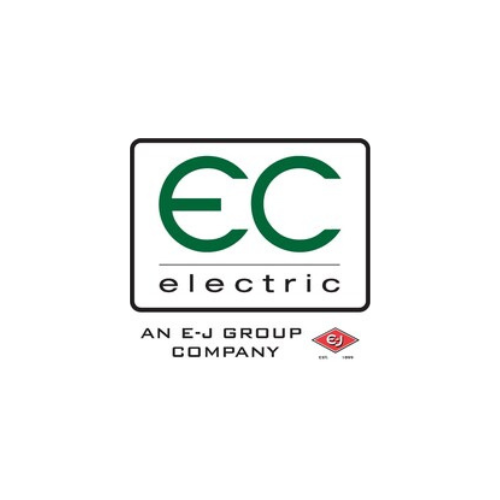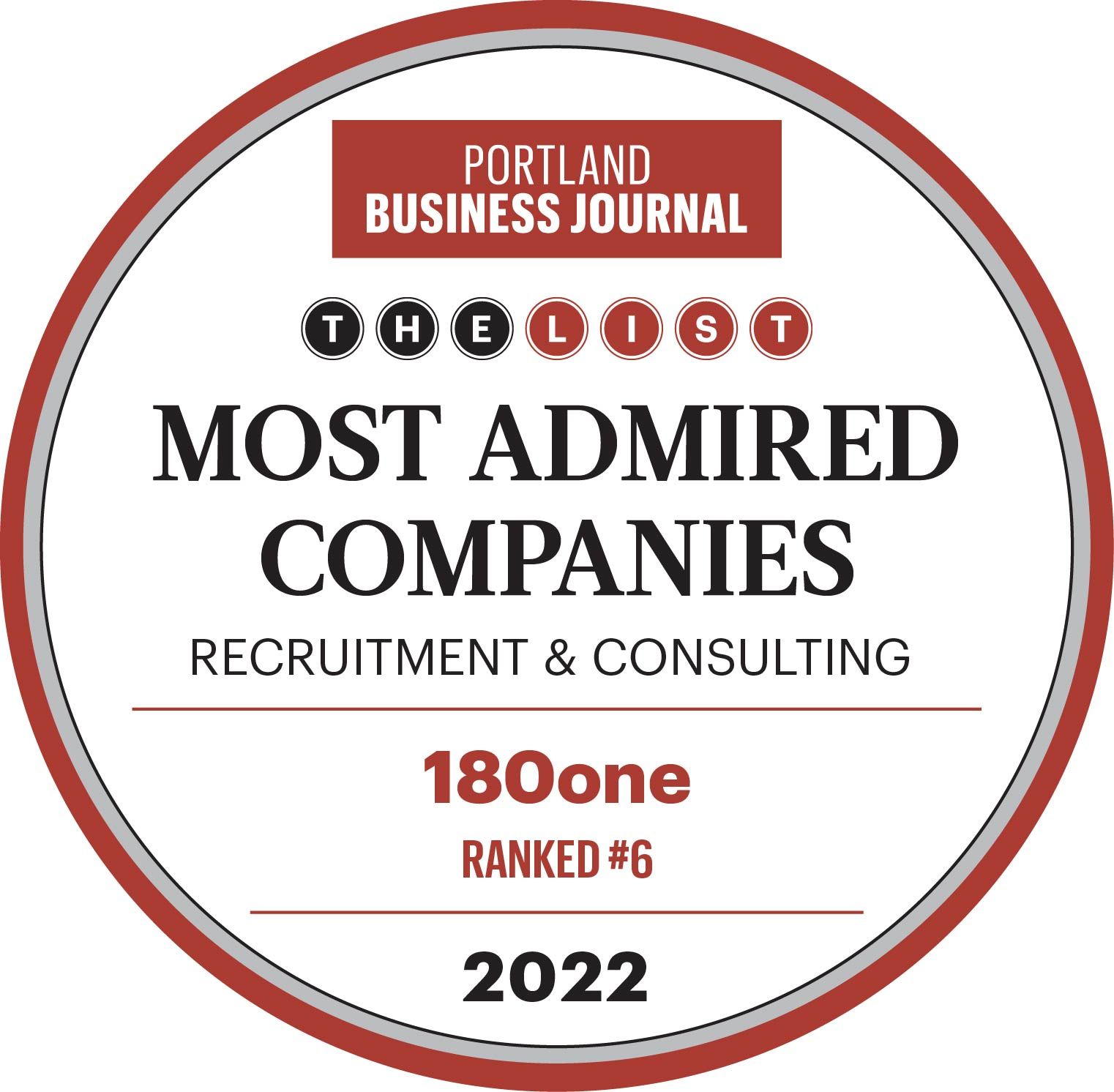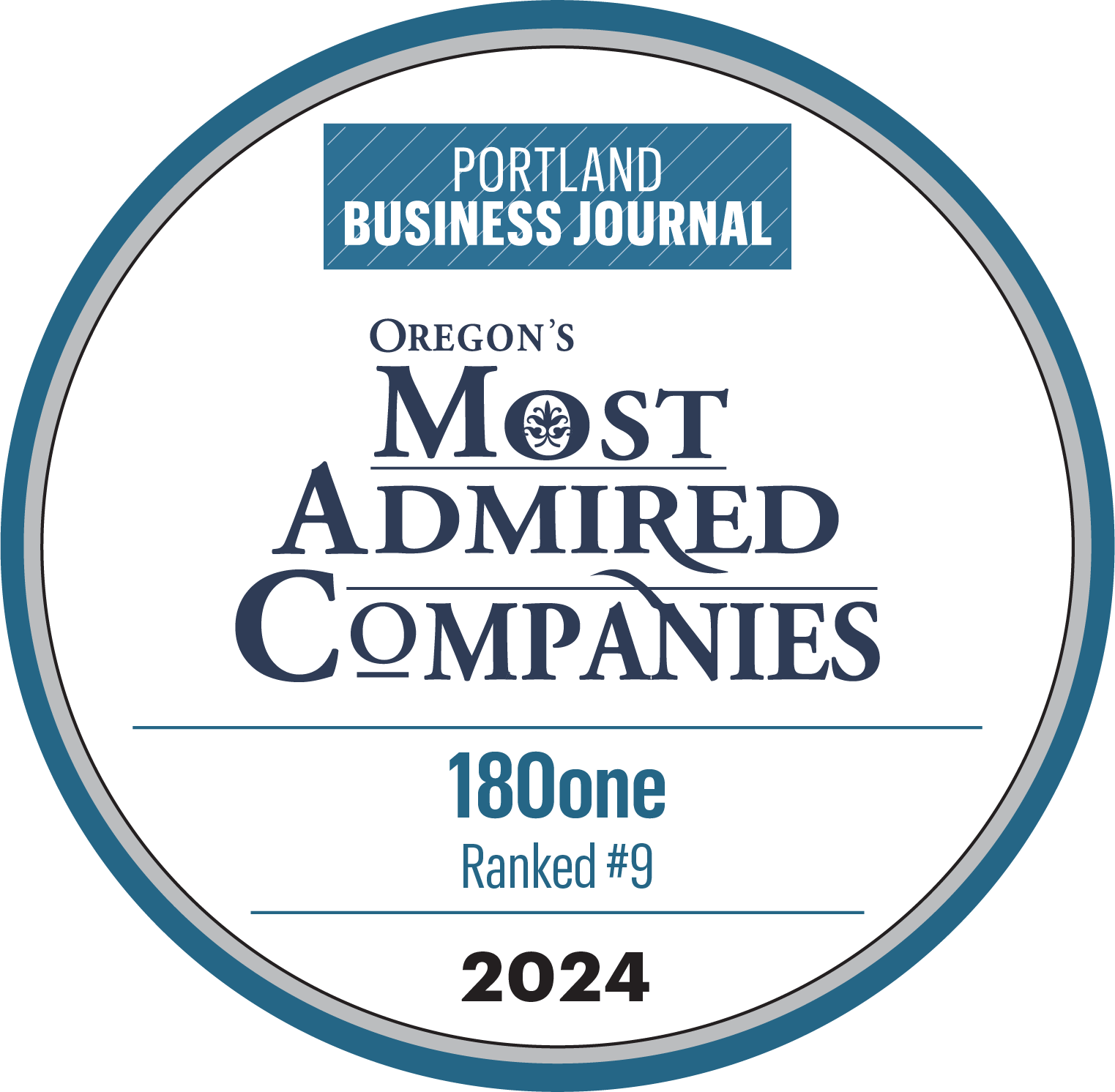Leatherman Tool Group Selects New Senior Director of Product

180one recently partnered with Leatherman to help them identify and select a new Senior Director of Product Development. Check back soon for more details!
About the Company
We invented our category, and we make what we sell. We employ over 550 people in Portland, OR where we are headquartered, and where we also manufacture, package, and ship all our products from. We buy steel from Ohio, bring it to the east end of our building, and then ship our tools to 80 countries around the world, from the west end of our building.
We create products that prepare you for the expected and the unexpected and unlock your potential to empower you to be part of your own epic tale of triumph. We facilitate epic tales of triumph not only through our products, but also through resulting relationships, careers, community, and social responsibility – environment, fair trade, and Diversity, Equity, and Inclusion.
LTG Guiding principles:
- Dominate multi-tools (in product excellence and revenue)
- Make what we sell (in Portland, OR)
- Privately held – in the Leatherman family (debt free)
- A great place to work for committed employees
Leatherman’s Manifesto: We believe we are here to empower people for whatever life throws their way. Regardless of who you are, we believe that with the right tools in hand, anyone can achieve greatness. We believe we can make significant contributions to the world through innovation, so we value perseverance in our work and ingenious design in our products. We believe in growing and supporting our most valuable asset – our employees. That’s why we believe in integrity and authentic collaboration, which instills trust in one another and allows us to create global solutions that our competitors cannot copy. We believe in self-honesty and humility, which fuels change and growth from our failures.
And when we reflect these values, we believe we’re building a thriving culture that celebrates diversity promoted personal and professional growth, develops respect for one another, and cultivates a community that can solve any problem.
About the Opportunity
In direct support of LTG growth goals the organization has added a new role, Senior Director of Product, reporting directly into the CEO and a participant on the organization’s senior leadership team. In addition to standing up a new internal strategic product function, this position will be responsible for the design, implementation, and leadership of comprehensive product line strategies for targeted industries, including identification of opportunities, market needs, product roadmap, product solutions, market potential and sales potential.
This is an exciting opportunity for someone who is energized by:
- Articulating opportunities and insights that we can act on gathered through research, consumer testing and observations.
- Collaborating with internal and external stakeholders and subject matter experts for opportunity identification, definition, and prioritization.
- Serving as the global expert of targeted industries, maintaining current knowledge of Leatherman’s consumers, markets, and competition.
- Leading innovation that is both relevant to and supportive of our brand values.
- Developing strategies for product, pricing, market entry, and management of products in the NPD Process from Strategy through Post-Launch evaluation to meet corporate objectives for revenue, profit, and brand.
This new addition represents a critical investment in LTG’s strategic growth plan. Come make an impact with a premium brand, category inventor and dominate leader.
Essential Functions
It is essential for all employees to adhere to Company policies.
- Applies business acumen to maximize the units sold, revenue and profit from our existing categories while supporting our brand values.
- Identifies and prioritizes consumers segments that we should target for new products.
- Identifies consumer needs that are valuable and relevant and feasible to address with our resources.
- Articulates consumer needs in a way that enables our design, engineering, and manufacturing teams to be able to innovate solutions.
- Develop and lead the product line strategy for targeted industries including price positioning and product development in market segments and channels.
- Successfully implement product plans to achieve industry objectives and strategies.
- Develop and implement market segmentation strategies and plans.
- Lead the process for product ideation and opportunity identification.
- Works with cross-functional colleagues to anticipate and resolve priority challenges
- Lead the process for updating industry, channel, market data and trends.
- Develop preliminary budgets (at NPD milestones) for product plans including development resources.
- Evaluate product recommendation from existing and potential customer for product feasibility.
- Develop strategies to improve product position domestically and in global markets.
- Create pricing strategies to support targeted channels.
- Lead the Voice of Customer and Voice of Channel Partner process.
- Own the product life cycle and execute exit strategies.
- Develop and implement processes to assess and develop packaging that satisfies customer needs and corporate packaging strategies.
- Lead cross functional team(s) to develop channel and key customer promotions.
- Development of new product budget: including capital expenditures, marketing and sales expenditures required to execute product launch.
- Participate in the creation and adherence to the department budget.
- Leads, hires, and manages a team of professionals. This includes supervision, individual and team performance, and mentoring to ensure effective execution of individual and team responsibilities
- Participates as a member of the LTG senior leadership team.
Competencies
- Strategic thinking engagement, involvement, and alignment. Defining how the role fits in and influences a positive business outcome.
- Builds trust, able to tie in and gain support at all levels, sees what is happening and accurately predicts and articulates what will happen. Teaches. Possesses curiosity and optimism. Respectful.
- Customer focus, creates value, present and always engaged
- Collaborates and provides leadership among our sr. leaders, a resource to accomplishing goals for company, team and individuals.
- Business acumen, ability to connect the decisions they make and tangible outcomes that support our Mission, Vision, Values, Guiding Principles, and strategy.
- Confident & accountable for self, team to which they lead and belong. Articulate and able to inspire excitement and lead people to a vision.
- Passionate, skilled, and experienced in the role.
- Attracts top talent – Attracting and selecting the best talent to meet current and future business needs.
- Builds effective teams – Building strong-identity teams that apply their diverse skills and perspectives to achieve common goals.
- Cultivates innovation – Creating new and better ways for the organization to be successful.
- Decision quality – Make good and timely decisions that keep the organization moving forward.
- Drives vision and purpose – Painting a compelling picture of the vision and strategy that motivates others to action.
- Ensures accountability – Hold self and others accountable to meet commitments.
- Global perspective – Taking a broad view when approaching issues, using a global lens.
Education and Experience
- Bachelor’s Degree required. MBA with marketing focus or related experience preferred.
- Ten or more years of progressively responsible product marketing and project management experience preferred.
- Strong track record of leadership and the ability to attract, develop and retain talent
- High level of analytical thinking with demonstrated talent for identifying, scrutinizing, improving, and streamlining work processes
- Flexible team player who thrives in environments requiring ability to effectively prioritize and juggle multiple concurrent projects
- Ability to build collaborative partnerships cross-functionally
- Ability to deal with ambiguity and be comfortable in a situation that is not always well defined or changes frequently
- Good communication skills, a professional attitude, and enthusiasm for one’s work are all prerequisites for this position.
- Excellent communication and presentation skills with the ability to speak and communicate effectively.
- Work independently and possess a high level of self-motivation and initiative.
Leatherman Tool Group Inc. believes that each employee makes a significant contribution to our success. That contribution should not be limited by the assigned responsibilities. Therefore, this position description is designed to outline primary duties, qualifications, and job scope, but not limit the individual nor the organization to just the work identified. It is our expectation that each employee will offer his/her services wherever and whenever necessary to ensure the success of our endeavors.
Interested in learning more? 180one is a retained search firm engaged by Leatherman to conduct this search. If interested in learning more about the opportunity, please contact Tom Haley at 180one at: tom@180one.com.






